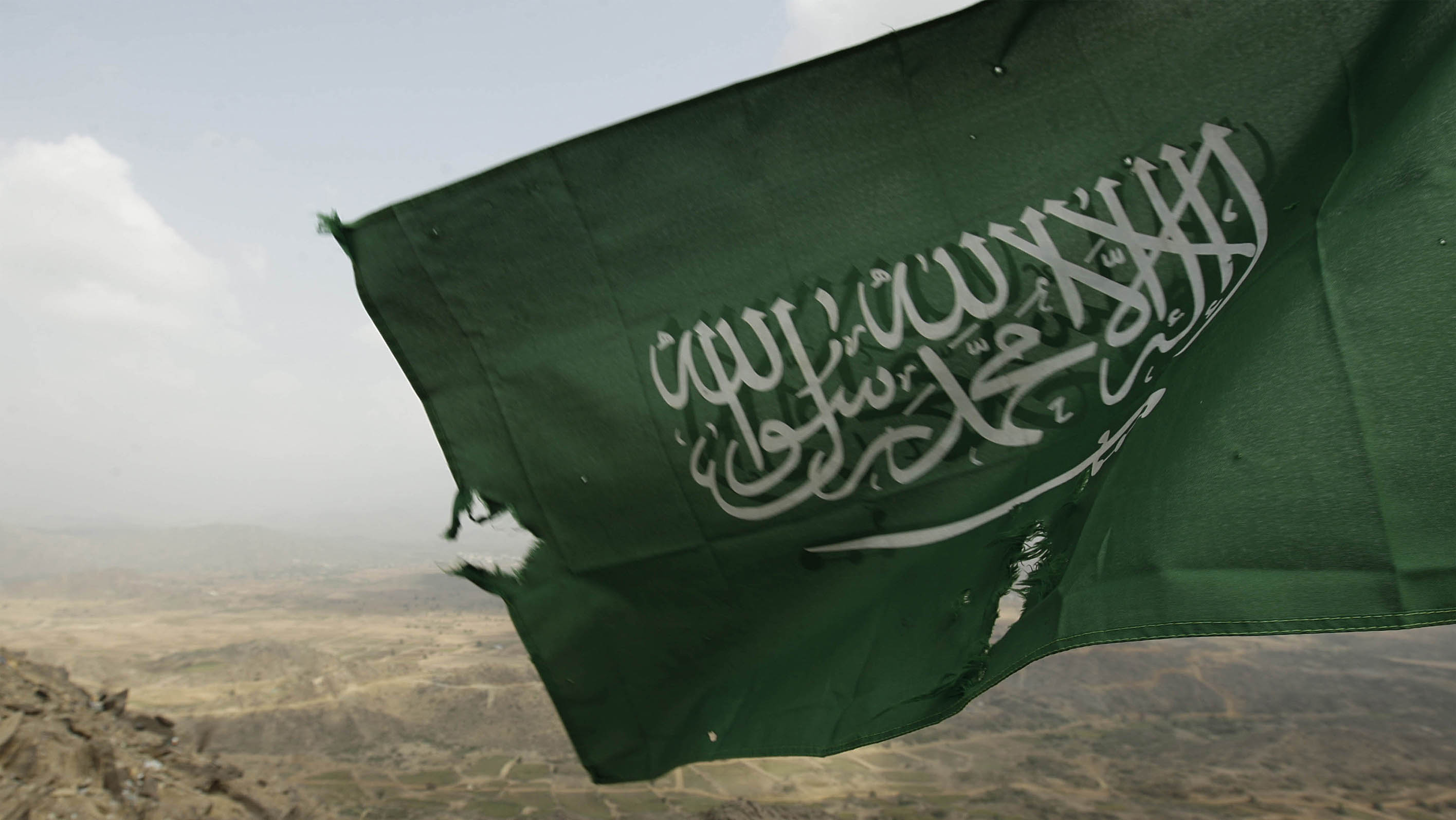News

Tawakkol Karman warns of broader conflict as Houthi group opens office in Baghdad
In a significant development, the Houthi group has officially inaugurated an office in Baghdad. This move is seen as a strategic augmentation of their regional influence and a forewarning of a broader conflict with Saudi Arabia,
according to Nobel Peace Prize laureate Tawakkol Karman.
Karman emphasized that the next phase of the conflict will not be fought by the Houthis alone. "The Houthi group officially opens an office in Baghdad, and thus the next war against Saudi Arabia will not be waged by the Houthis alone," Karman stated, highlighting the anticipated support from Iraqi Shia militias and other Iraqi factions.
Despite this, Karman argued that the Houthis do not necessarily require such backing to challenge Saudi forces. "Although the Houthi group does not need such support, the 'Kabsa army' [referring to the legitimate government army supported by Saudi Arabia] is not qualified to withstand the Houthis," she noted.
Karman's statement also underscored the broader geopolitical implications of the conflict, suggesting that the fall of key cities like Baghdad and Sanaa could have a domino effect across the region. "The fall of Baghdad and Sanaa necessarily means the fall of everything in between. As long as Damascus is added to them, there must be no choice," she warned. She concluded on a somber note, indicating that the situation might evolve unpredictably: "Perhaps God will bring about something after that."
Reflecting on past efforts to caution Saudi Arabia, Karman remarked, "All this talk [warning Saudi Arabia of the consequences of the Houthi coup against the legitimate government] has already been said to the aging kingdom's boys [referring to Saudi Arabia], so today we have nothing but to watch."
The opening of the Houthi office in Baghdad signals a potential escalation in the already volatile relationship between regional powers, with implications that could reverberate across the Middle East.
